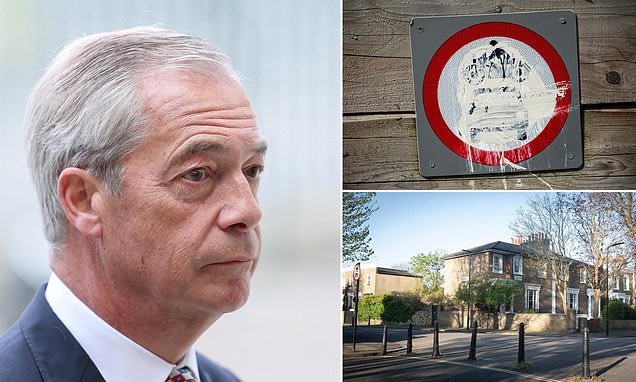Overview
- Reform UK, now governing 10 local authorities, has committed to reversing all low-traffic neighbourhood (LTN) schemes and halting new implementations in its councils.
- Introduced in 2020 to promote walking and cycling, LTNs have faced criticism for increasing congestion on boundary roads and disproportionately benefiting affluent areas.
- Recent High Court rulings, including one against Lambeth Council, have highlighted legal vulnerabilities in LTN schemes, citing insufficient community consultation and procedural flaws.
- Councils have generated significant revenue from LTN-related fines, with Hammersmith and Fulham raising over £1 million from a single scheme, intensifying public scrutiny over financial incentives.
- Reform UK argues that LTNs harm local high streets, exacerbate socio-economic inequalities, and restrict motorists' freedoms, framing their removal as a priority in their broader governance agenda.

